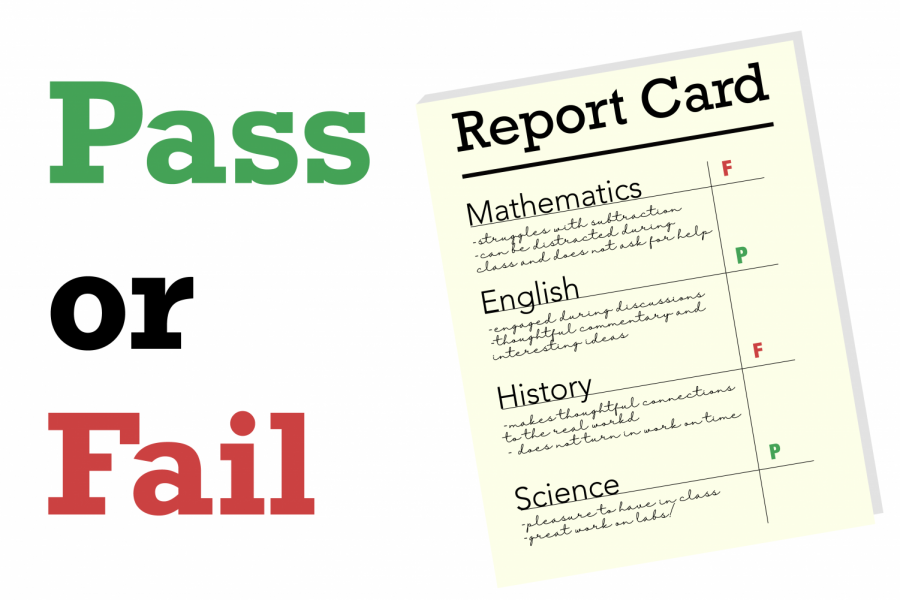Don’t miss this What Happens If You Fail The Major Field Test article containing the interesting information you’re looking for, all carefully summarized by us.

What Happens if You Fail the Major Field Test?
Many students face the daunting task of taking a Major Field Test (MFT) during their college careers. This exam, designed to assess students’ knowledge and skills in their major field of study, can be a source of significant stress and anxiety. While passing the MFT is generally a requirement for graduation, failing it can have serious consequences.
In this comprehensive guide, we will delve into the potential consequences of failing the MFT, explore strategies for improving academic performance, and provide support resources for students facing this challenge. Whether you’re feeling anxious about the upcoming exam or seeking guidance after a disappointing result, this article aims to provide clarity and support.
Understanding the Major Field Test
The MFT is a standardized exam typically taken by students in their final year of study. It covers a broad range of topics within the student’s major field, from core concepts to specialized knowledge. The format and content of the MFT vary depending on the discipline and institution, but it typically includes multiple-choice questions, essay questions, and practical assessments.
The purpose of the MFT is to evaluate students’ mastery of the subject matter, critical thinking skills, and professional competence. Passing the exam is generally required for graduation, as it serves as a benchmark for academic achievement and readiness for the workforce.
Consequences of Failing the Major Field Test
Failing the MFT can have several adverse consequences for students:
- Delayed Graduation: Students who fail the MFT are typically required to retake the exam, which can delay their graduation timeline. This can have financial implications, as students may need to pay additional tuition and fees for extended semesters.
- Loss of Scholarships and Financial Aid: Some scholarships and financial aid programs require students to maintain a certain GPA or pass specific exams, including the MFT. Failure to meet these requirements could result in the loss of financial assistance.
- Limited Job Opportunities: In certain fields, failing the MFT can hinder job prospects. Employers may use the test results to assess candidates’ knowledge and skills, and those who fail may face limited job opportunities or lower salaries.
Improving Academic Performance
If you’re concerned about failing the MFT, there are several strategies you can implement to improve your performance:
- Start Early: Begin studying for the MFT well in advance. Create a study schedule and allocate sufficient time for preparation.
- Review Course Materials Regularly: Go over your lecture notes, textbooks, and class assignments on a regular basis to reinforce your understanding of the concepts.
- Attend Review Sessions: Many professors offer review sessions before the MFT. Attend these sessions to clarify any doubts, ask questions, and practice answering exam-style questions.
- Take Practice Tests: Find practice tests or previous exam papers and work through them to identify areas where you need additional support. This will help you become familiar with the test format and timing.
- Seek Support from Professors and Tutors: Don’t hesitate to reach out to your professors or teaching assistants for extra support. They can provide guidance, answer your questions, and help you develop effective study strategies.
Support Resources
If you’re struggling to improve your academic performance or are feeling overwhelmed by the MFT, there are several support resources available:
- Academic Advising: Academic advisors can provide guidance on course selection, study habits, and strategies for improving your academic performance.
- Tutoring Services: Many universities offer free or low-cost tutoring services to students who need extra support. Tutors can provide individualized assistance with specific course material and exam preparation.
- Mental Health Services: If stress or anxiety is affecting your academic performance, consider accessing mental health services offered by your university. Counselors can provide support and strategies for coping with stress and managing anxiety.
FAQs on Major Field Test
Q: What happens if I fail the MFT more than once?
A: The consequences of failing the MFT multiple times vary depending on university policy. Some institutions may allow students to retake the exam a limited number of times, while others may impose academic probation or dismissal.
Q: Can I graduate without passing the MFT?
A: No, passing the MFT is typically a graduation requirement. Students who fail the exam may need to retake it and may experience delays in graduating.
Q: What are some tips for preparing for the MFT?
A: Start early, review course materials regularly, attend review sessions, take practice tests, and seek support from professors and tutors.
Conclusion
Failing the Major Field Test can have significant consequences, but it’s important to remember that there are strategies for improving your academic performance and support resources available. By following the tips outlined in this article, seeking support when needed, and maintaining a positive attitude, you can overcome challenges and achieve your academic goals.
Are you interested in learning more about Major Field Tests? Visit our website for additional resources, tips, and support.
Remember to bookmark this page and check back regularly for updates and additional information.

Image: palyvoice.com
You have read an article about What Happens If You Fail The Major Field Test. We express our gratitude for your visit, and we hope this article is beneficial for you.